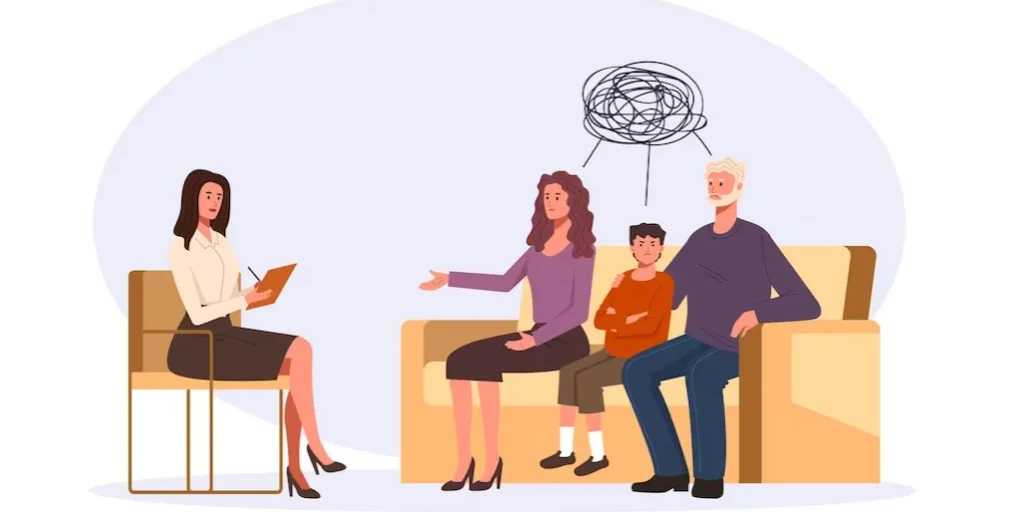24/7 Helpline:
(866) 899-221924/7 Helpline:
(866) 899-2219
Learn more about Morphine Detox centers in Chewelah
Morphine Detox in Other Cities

Other Insurance Options

WellPoint

Horizon Healthcare Service

Carleon

Excellus

Multiplan

Sutter

Highmark

Molina Healthcare

Coventry Health Care

Optima

Health Choice

BlueShield

Group Health Incorporated

Health Partners

Holman Group

Ambetter

PHCS Network

BHS | Behavioral Health Systems

EmblemHealth

Kaiser Permanente


Northeast Washington Counseling Service
Northeast Washington Counseling Service is a public rehab located in Chewelah, Washington. Northeast...

NorthEast Washington Alliance Counseling Services
NorthEast Washington Alliance Counseling Services - Hawthorne Avenue is a diagnostic and treatment c...



























































































































































































































Crisis Intervention Counseling
Crisis Intervention Counseling is a private rehab located in Colville, Washington. Crisis Interventi...

AA – Alcoholics Anonymous
AA – Alcoholics Anonymous is a non-profit rehab located in Colville, Washington. AA – Alcoholics Ano...

Spokane Tribe Behavior Health Agency
Spokane Tribe Behavior Health Agency is a public rehab located in Wellpinit, Washington. Spokane Tri...
































































